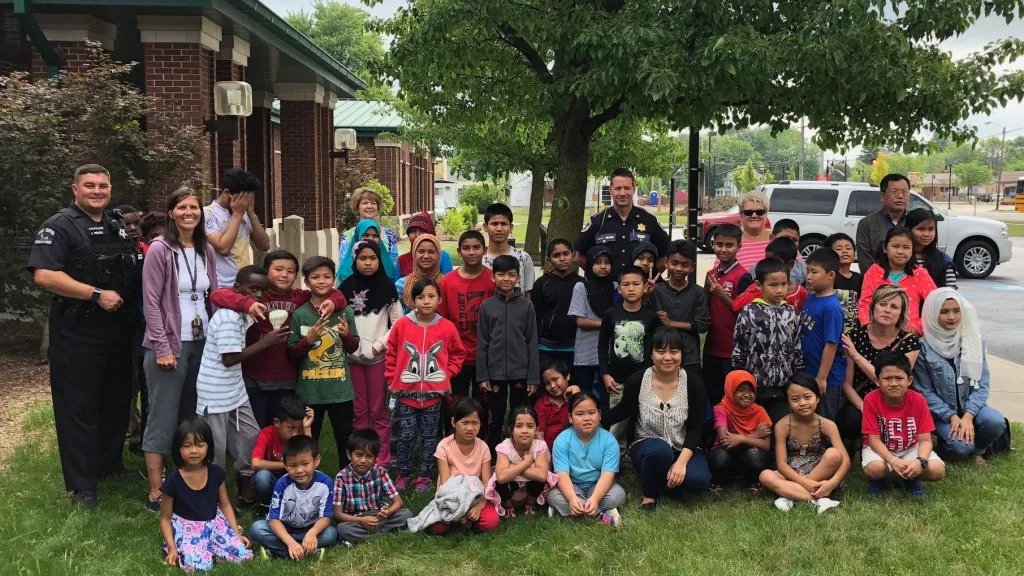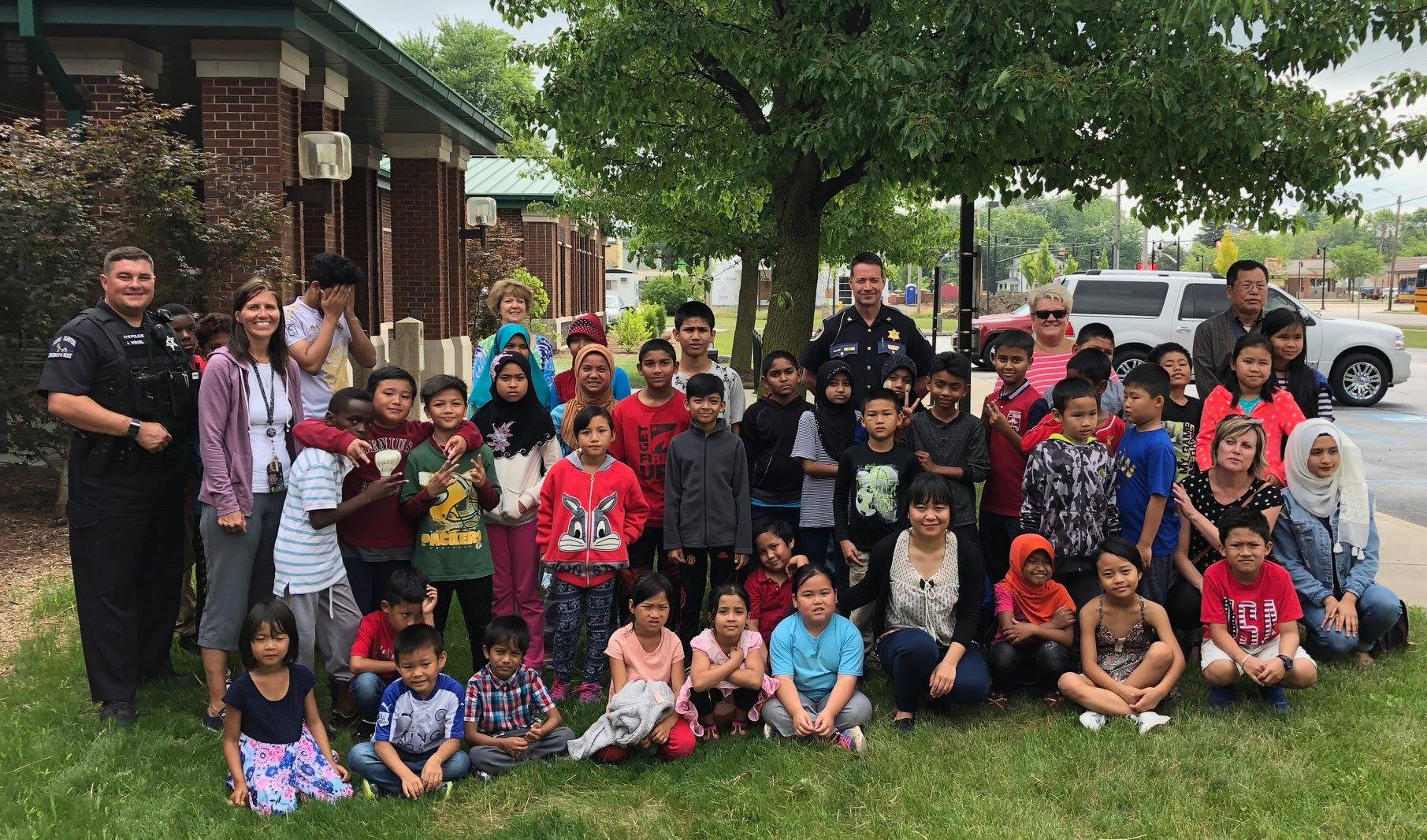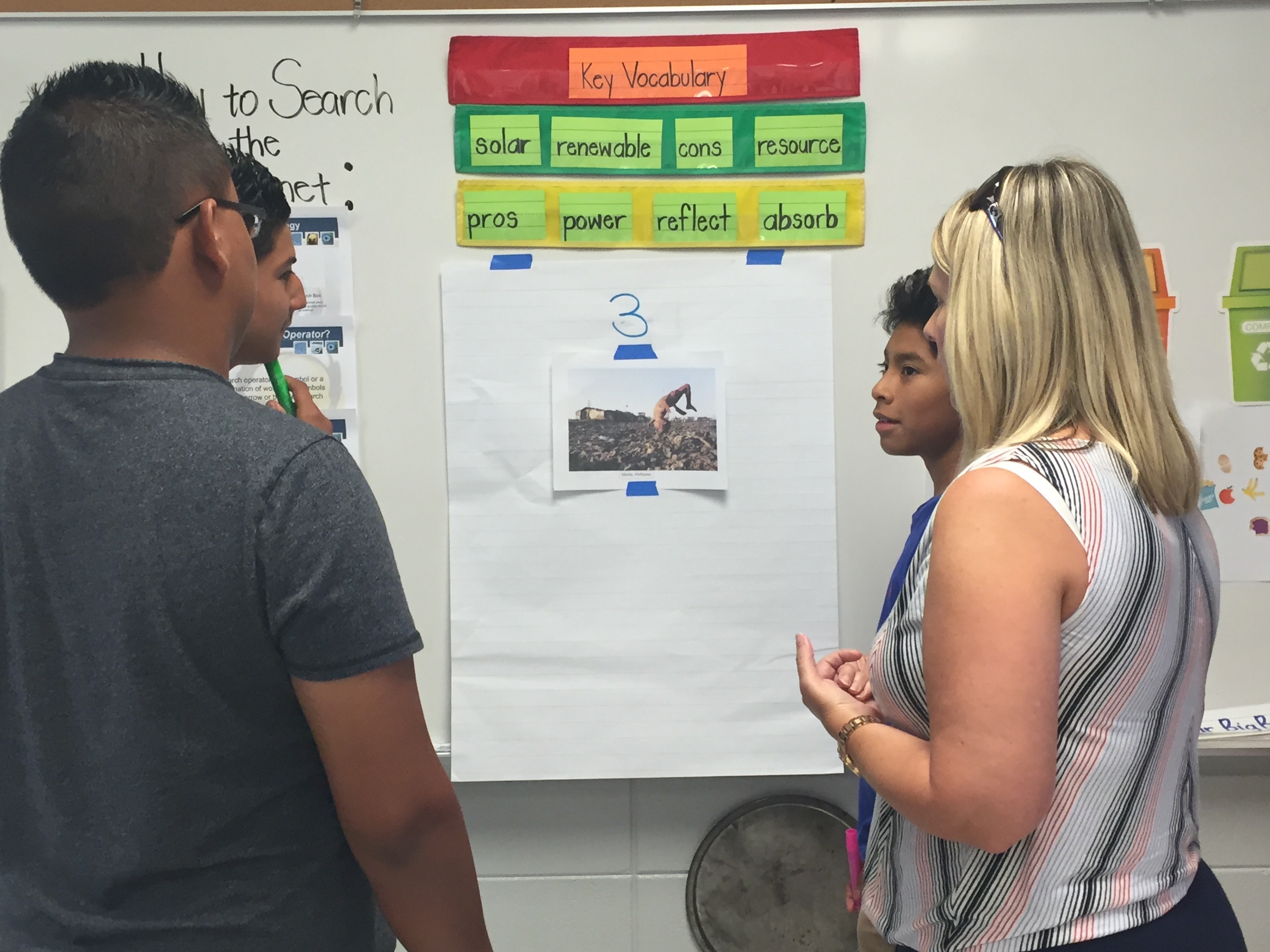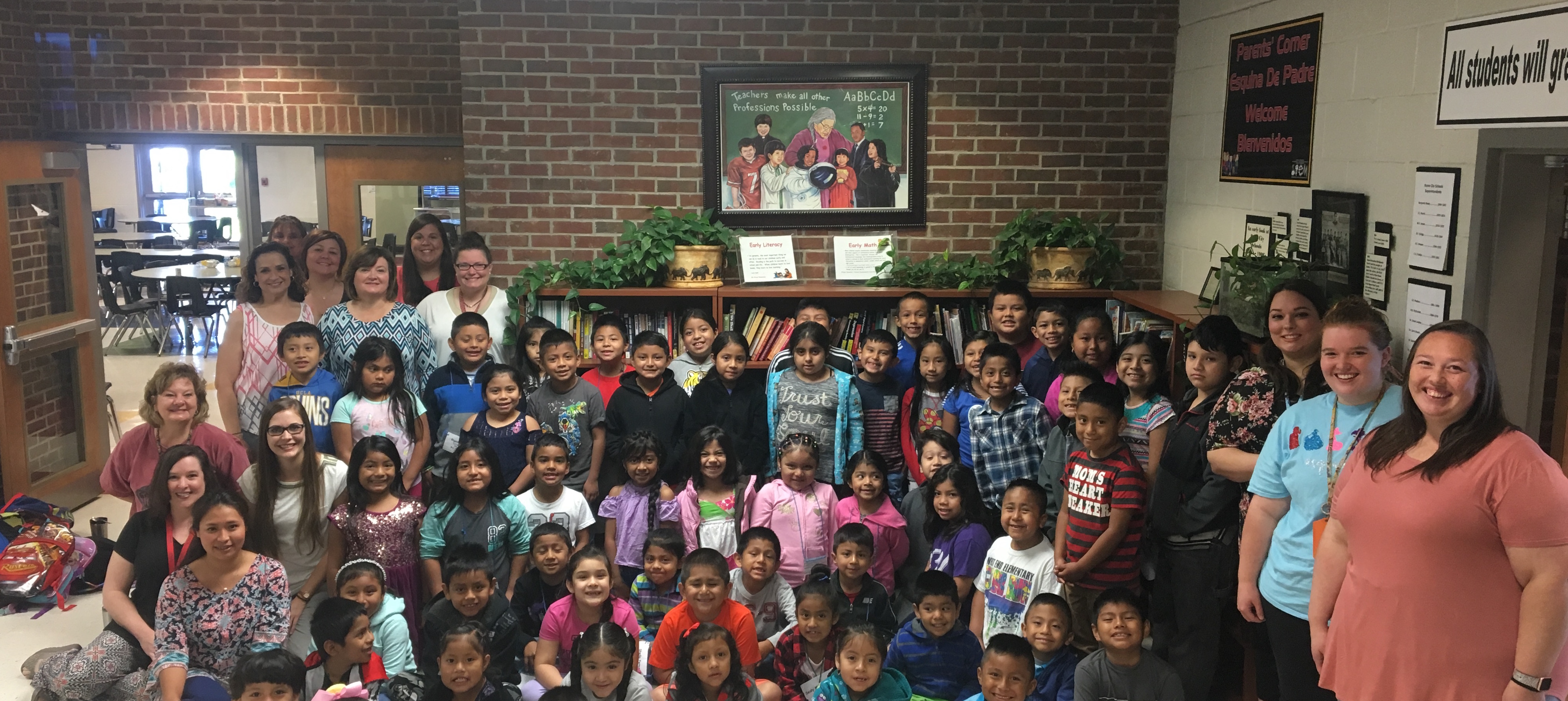3 Districts Keeping ELLs Engaged This Summer


3 Districts Keeping ELLs Engaged This Summer
We're all familiar with the research that shows that young people experience significant learning losses when they do not engage in educational activities over summer break - also known as the “summer slide.” We spoke with several of our partners to see what they’re doing to keep ELL students connected to English over the summer, and here’s what they said:
East Allen County Schools, Indiana

For the past several years, educators at East Allen County Schools in Indiana have provided newly arrived refugee students a chance to learn more about what it means to be a student in the United States. EACS’s Summer Refugee Program keeps students engaged during the summer with lessons that enhance their English language development and provide meaningful experiences that connects them with the community.
The four week program takes place every morning, Monday through Friday, for four hours. EACS partners with local organizations to provide the students with a variety of educational experiences including learning about respect through a Tae Kwon Do class, participating in lessons on space and the sun from Fort Wayne’s Science Central, and visiting Fort Wayne’s history center.
“This program has given our students an opportunity to build relationships with classroom teachers in a more relaxed environment,” said Title III Director Jennifer Heffernan. “Teachers have noticed that the students who participate in the camp return to school in the fall more confident in their abilities, enabling them to feel more comfortable in their classrooms.”
This year, 50 students are participating in the program, many of whom arrived in the district this spring. EACS’s Summer Refugee Program supports students from kindergarten to high school and is funded by the Refugee Children’s Impact Grant.
Rome City Schools, Georgia
At Rome City Schools in Rome, GA, ELL students across all grades can participate in the district’s Summer Language Camp, a multi-week program to keep students connected to academic English over the summer. Supported by the district’s Title III funds, the camp offers a two-week program for students from kindergarten to 2nd grade, and a three-week program for newcomers in middle school to high school.
Using National Geographic’s REACH! curriculum, teachers engaged the students in a variety of topics to strengthen their academic English skills. Younger students got the chance to learn more about topics from farming, families, and how plants and animals live and grow, while the camp gave middle and high schoolers an opportunity to learn how to engage with their new community, including how to access different town services and locations.
“When the students return to school in the fall, it shows they’ve connected to language over the summer - they haven’t gotten into the ‘summer slip,’” said Noel Wilkinson, District ESOL Coordinator. “They also get to see that there are other students just like them from other schools, connecting them more to the classroom.”
Next year, says Wilkinson, the district plans to use data from Ellevation to hone in on students most in need of attention and engagement over the summer.
This is the camp’s eighth year running. The district provides transportation for all students involved in the camp, as well as daily breakfasts and lunches.
Alabaster City Schools, Alabama
Every summer, Alabaster City Schools, Alabama, offers ESL Camp - ten days of academically engaging activities for ELLs that enhance their English language development in literacy, science and math, with an emphasis on project-based learning and personalized instruction.
 Behind every great ELL program is a leader with a passion for learning, a mindset for innovation and the gumption to do whatever it takes to help students thrive. In Alabaster, that leader and champion for English learners is Karen Hill. As the ESL Specialist, Karen understands the importance of building capacity of classroom teachers to serve ELLs and executes a vision of instructional transformation.
Behind every great ELL program is a leader with a passion for learning, a mindset for innovation and the gumption to do whatever it takes to help students thrive. In Alabaster, that leader and champion for English learners is Karen Hill. As the ESL Specialist, Karen understands the importance of building capacity of classroom teachers to serve ELLs and executes a vision of instructional transformation.
“Our English learners are our future,” says Karen. “We have to work together to make sure all students, especially our ELs, are successful, and as educators that’s our responsibility.”
Last summer, we were fortunate enough to visit Alabaster City Schools and see their ESL Camp in action. Check out the video highlighting their program here.
How has your district engaged ELLs this summer? Let us know in the comments below, or tweet us at @EllevationEd!
